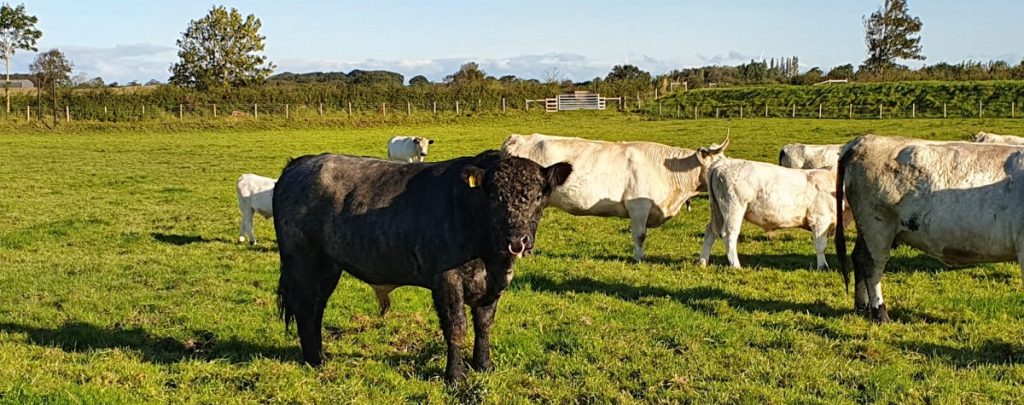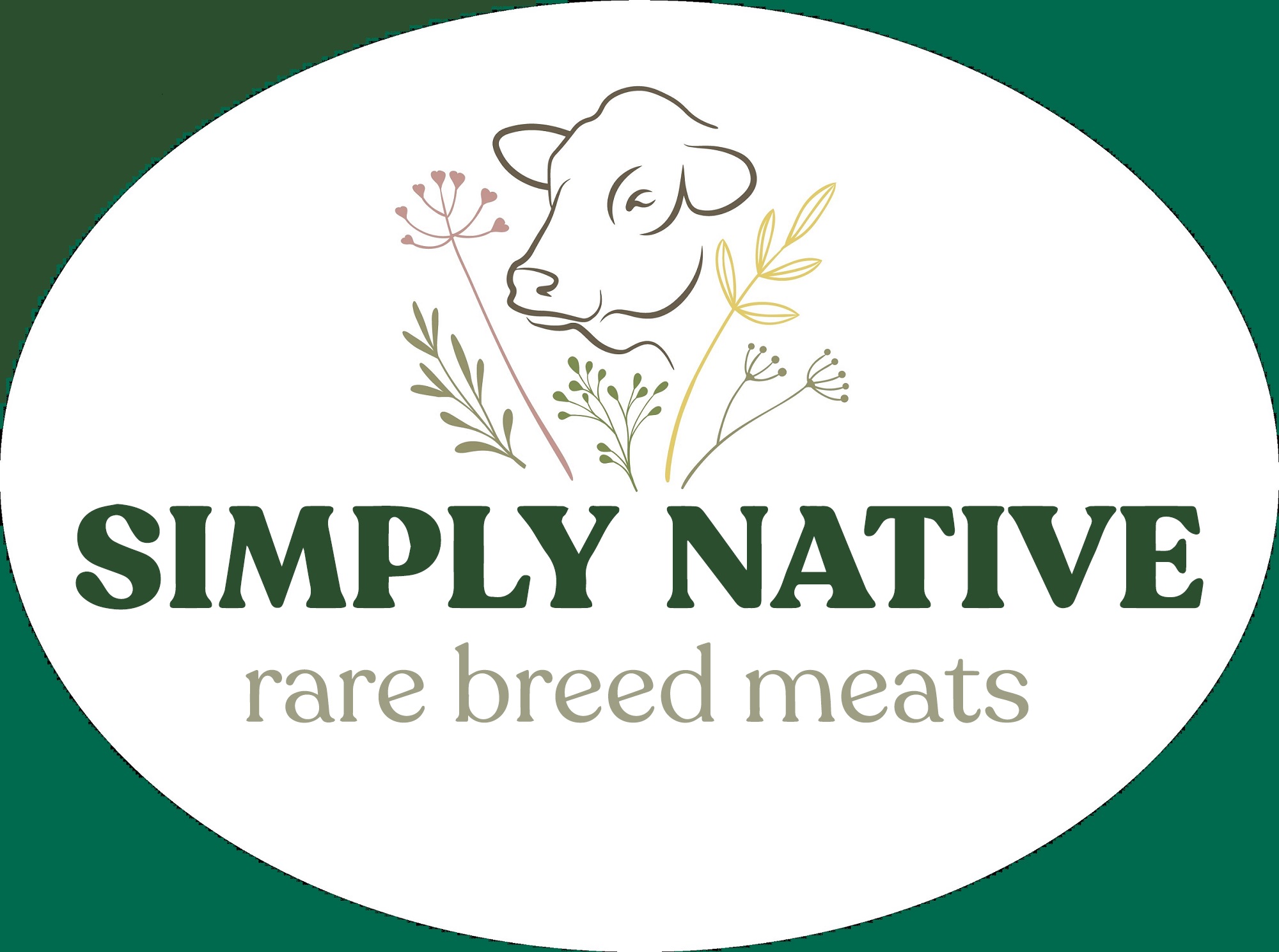Our farms in Lancashire are home to a number of rare breed livestock living naturally, raising their young on herb-rich pastures. The herd females live long productive lives, often into teens of years. We do not farm intensively; they are ready when they are ready! Along with the outdoor grazing element, this means an end product you can eat with confidence and a clear conscience.
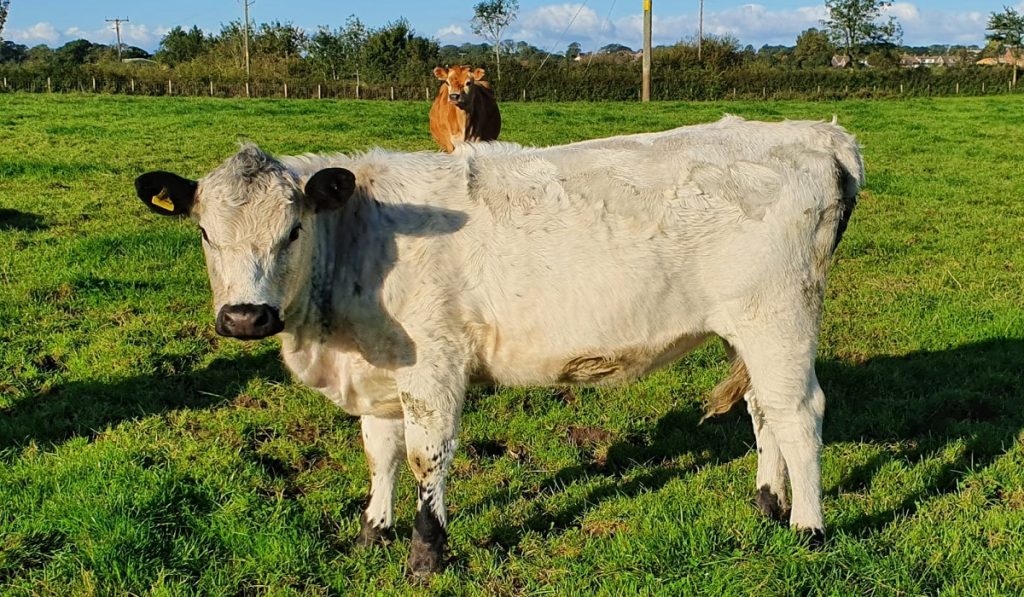
Our Approach
Our approach to farming and livestock husbandry is a holistic one, working with Mother Nature rather than against her. This is better for man and beast alike and in sync with the demands of discerning consumers who want to know their food is produced in the right way. Since farming in this way we are seeing biodiversity increasing, farmland birds nesting, new trees growing and therefore setting our own standards .
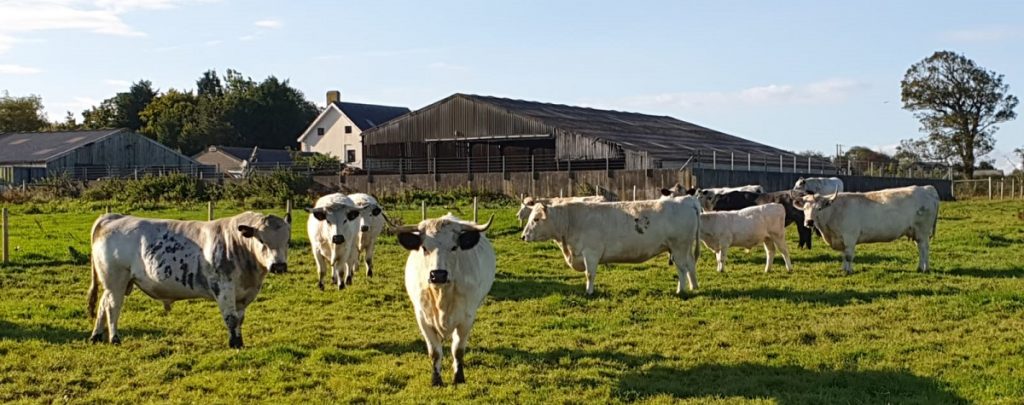
Why Rare Breed Meats
We are often asked about the logic of eating meat from animals that are classed as ‘rare’. To answer this, we can do no better than quote from that esteemed organization, the Rare Breed Survival Trust (RBST), of which we are members:
Meat “Eat it to Keep It “
Although it may seem counter-intuitive to eat something rare, eating rare breed meat is actually a great way to support a breed. When breeding livestock, there will always be animals that are not bred from. It may be that these animals have an undesired characteristic or it may simply be that they are surplus – although half calves born are male, one male can mate with many females so breeders do not need all that are born. Rather than being kept for breeding, these are kept to provide meat. By buying and eating this meat, you can support breeders and allow them to keep our rare breeds alive. Some rare and native breeds may not have the conformation to suit today’s mass market but they make up for it in flavour, succulence and eating quality. Although it may seem counter-intuitive to eat something rare, eating rare breed meat is actually a great way to support a breed.
Rare Breed Survival Trust..
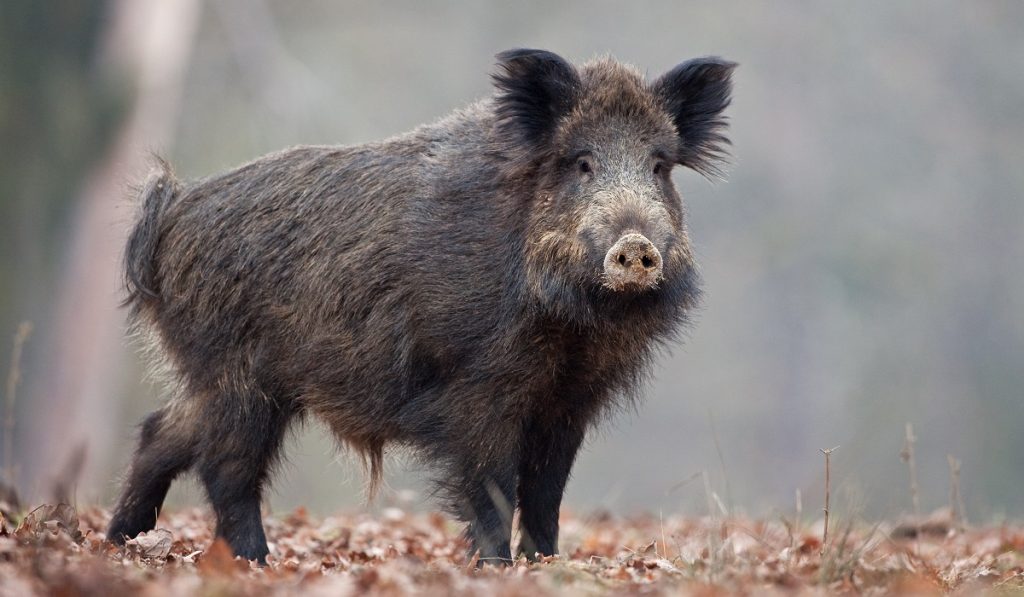
Our Meat
BEEF
In keeping with our aim to provide customers with the best quality meat possible, all beef carcases are hung for a minimum of 28 days and DRYAGED. This causes some shrinkage from moisture loss but intensifies the flavour; the best things are worth waiting for! They are fed from their mother’s milk, grass, and hay. Our hay comes from a Site of Special Scientific Interest which has 42 different species of grass, herbs, and wildflowers within it.
LAMB
Our lamb comes from our flock of native breed sheep, Wiltshire Horns which naturally shed their own wool. A full range of cuts are available, but supply is limited so order early. Just like the beef the lamb is raised in the same way and only fed on mothers’ milk, grass & SSSI hay.
PORK
Likewise, our Pork is from traditional native British breeds which are a lot slower growing and full fat giving enhanced flavour; they live most of their lives outdoors in the Forest of Bowland.
IRON AGE BOAR
A cross between a wild boar male and domestic pig; this produces a full flavoured leaner pork
WILD BOAR
Our wild boar live in the Isle of Man Wood in the Forest of Bowland, they live their lives as naturally as possible. Wild Boar is strong dark meat, not like pork at all, it is almost like a mix between venison and beef.
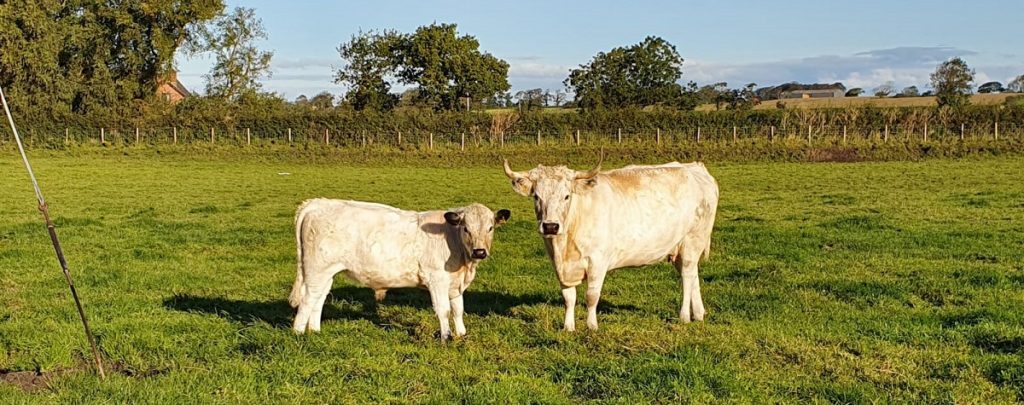
Why Grass Fed
Beef and lamb is a source of high quality protein along with other vital nutrients. As a nutritional package it is hard to beat, but is all beef the same? NO! Grass-fed beef offers extra benefits over the usual grain-fed beef. Aside from the obvious welfare implications of a longer, outdoor life, grass-fed animals produce meat which is; HIGHER in nutrients, LOWER in total calories, HIGHER in healthy fats (Omega-3), HIGHER in CLA*
*CLA Conjugated linoleic acid (CLA) is a fatty acid found in meat and dairy that is believed to have various health benefits
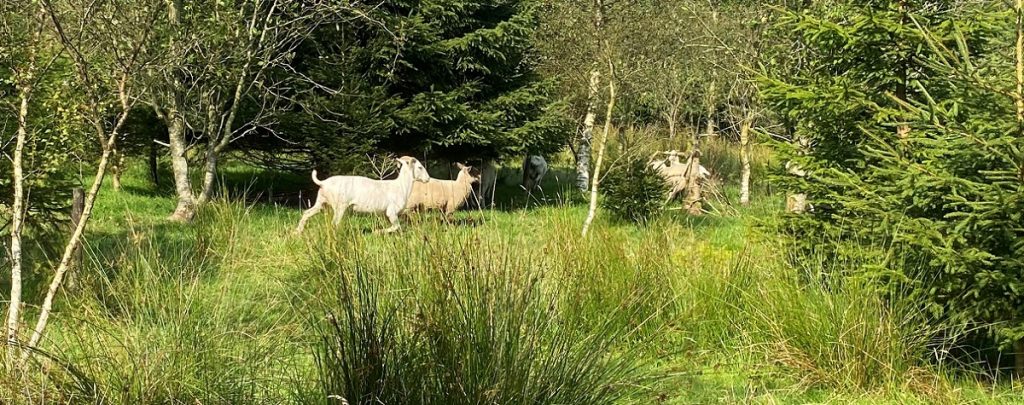
Customer Confidence
We farm sustainable traditional native British Rare breeds for longevity, easy care and they have a placid temperament. They are suckled on their mothers and weaned naturally; they can survive in a natural environment eating outside off the pasture as if they were in the wild. We keep stress to a minimum; we do not castrate or dehorn our cattle or sheep as these processes create unnecessary upset. We work with nature and move our animals regularly on to fresh pastures. We do not use any artificial fertilisers, pesticides, herbicides, wormers or antibiotics; if we have to use antibiotics or wormers for welfare purposes then we remove these animals from the herd as we only want to breed from animals that can survive with nature.
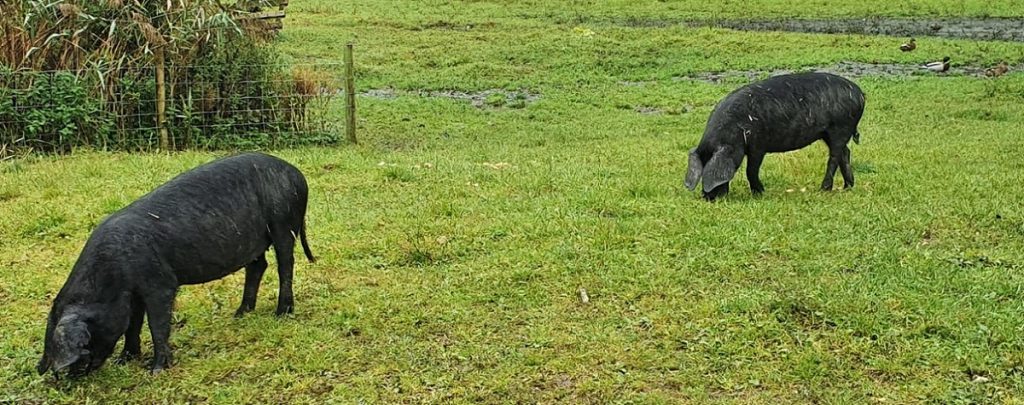
Words of Wisdom
‘Rare breed’ meat from native British breeds of livestock can also be a good choice. Over centuries these indigenous animals have, through selective breeding and natural evolution, adapted to become as efficient as possible in their local environment, making the most of the type, quantity and quality of the food available and the climate. In return, the livestock benefit their native environment. Many people say that these breeds also provide a tastier product.
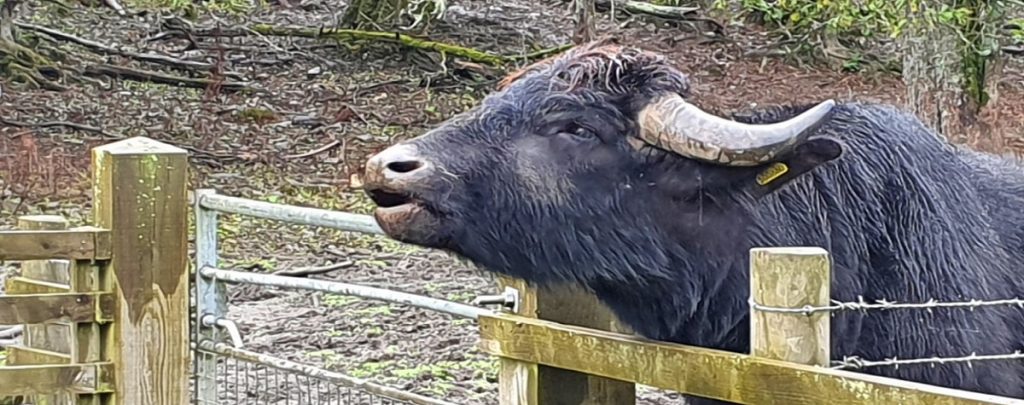
Going Keto
There has been a lot of interest in the Ketogenic diet of late, and with good reason it would appear. Based on a very low carbohydrate, moderate protein and high fat regime, it claims to boost weight loss and stabilise blood sugar. Amongst the nutrient dense foods recommended as protein sources is farm-raised, grass-fed meat.
